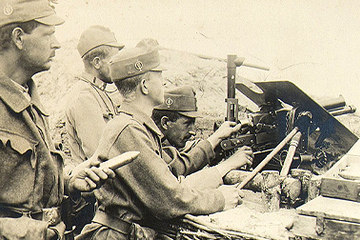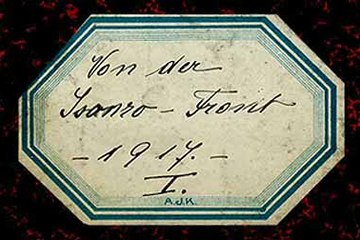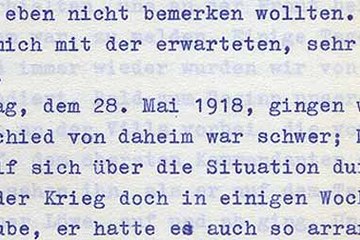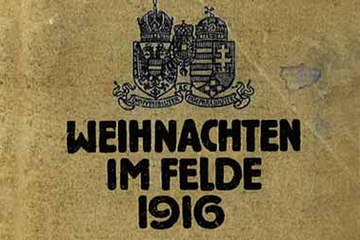The national unification of Italy came about not least of all from the conflict with the Habsburg Monarchy. The Triple Alliance concluded in 1882 between the Apennine Kingdom, Germany and Austria-Hungary had little effect on the fundamental mistrust between Vienna and Rome. The latent tension in bilateral relations meant that a true ‘brotherhood in arms’ alongside the Hohenzollern Empire was out of the question.
The small-scale war waged by the secret services fits this picture, too. In 1902 Italian spies officially renounced any espionage activity against France, turning their sights on the Habsburg Empire with all the more dedication. The intelligence officers there ‘took up the gauntlet’. From 1908, and with greater success from 1912 onwards, the Austro-Hungarian Registry Office, the Habsburg Military Intelligence, set themselves the task of acquiring the cipher codes of the Apennine Kingdom. This sparring was accompanied by greater or lesser friction, for example by complaints about the ‘Austro-Italians’, by border conflicts, ‘irredentist incidents’ and ‘espionage affairs,’ whereby the emotions of the Tyrolean populace were already heated by the purchase of mountain huts by citizens of the southern-bordering nation: the belief was that these would be used as ‘look-out posts’.
Under such circumstances it comes as no surprise that anti-Austrian voices gained influence in Italian public opinion, too. The processes by which opinion was formed within the Kingdom’s political elites were also shaped by this general atmosphere. Prime Minister Antonio Salandra and his Foreign Minister San Giuliano resolved immediately prior to the outbreak of the First World War not to support Austria-Hungary in the war against Serbia, but rather to distance themselves from the Triple Alliance.
Nonetheless, this did not as yet entail a decision to enter the war on the side of the Entente Powers. Salandra initially continued to manoeuvre, hesitating in his opposition to an open intervention against the Central Powers. Ex-Prime Minister Giovanni Giolitti, still highly influential, was at pains to keep his country out of any armed conflict.
Isnenghi, Mario/Rochat, G.: La grande guerra 1914–1918, Mailand 2000
Leidinger, Hannes/Moritz, Verena: Der Erste Weltkrieg, Wien/Köln/Weimar 2011
Moritz, Verena/Leidinger, Hannes: Oberst Redl. Der Spionagefall, der Skandal, die Fakten, St. Pölten/Salzburg/Wien 2012












